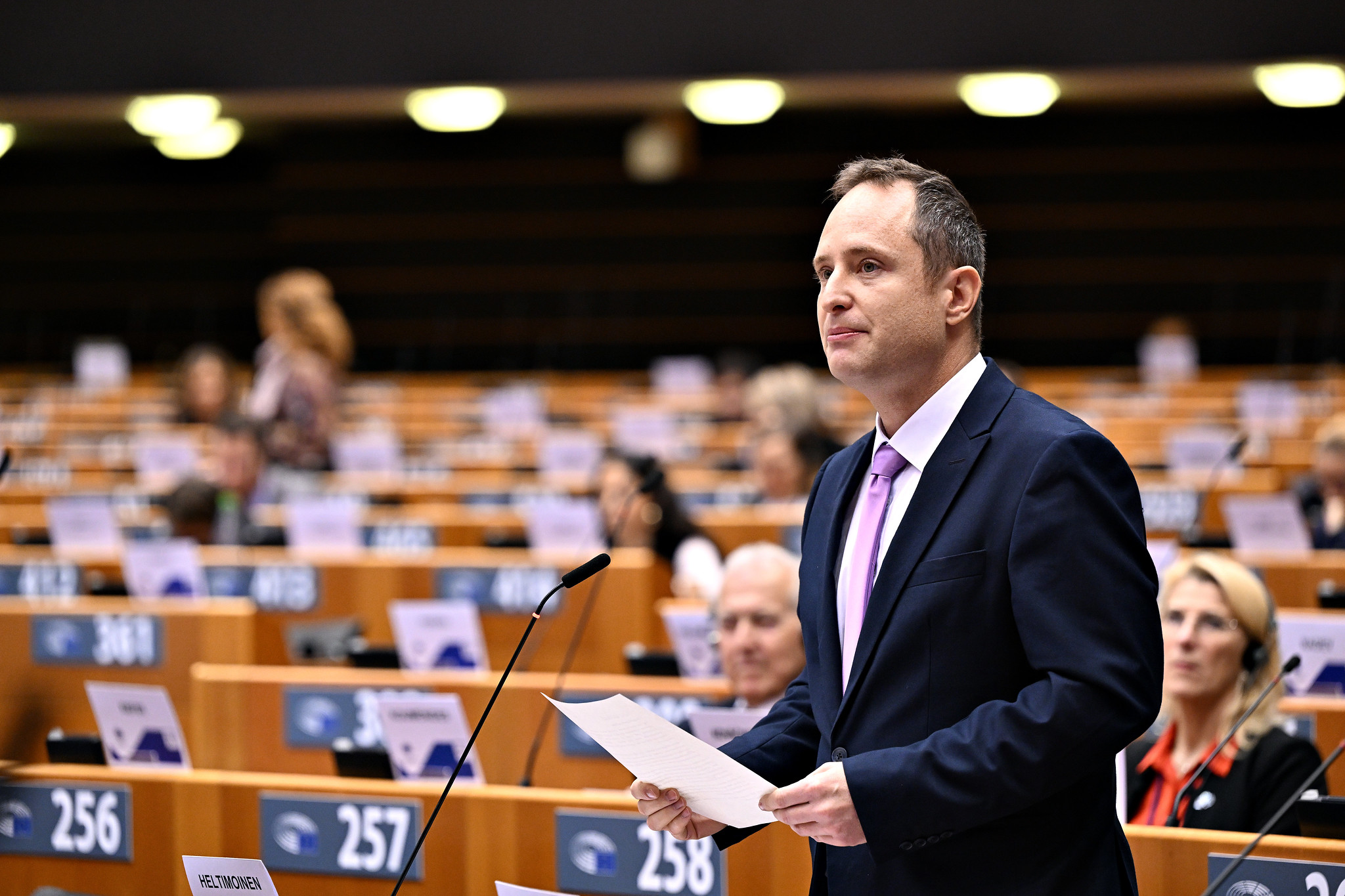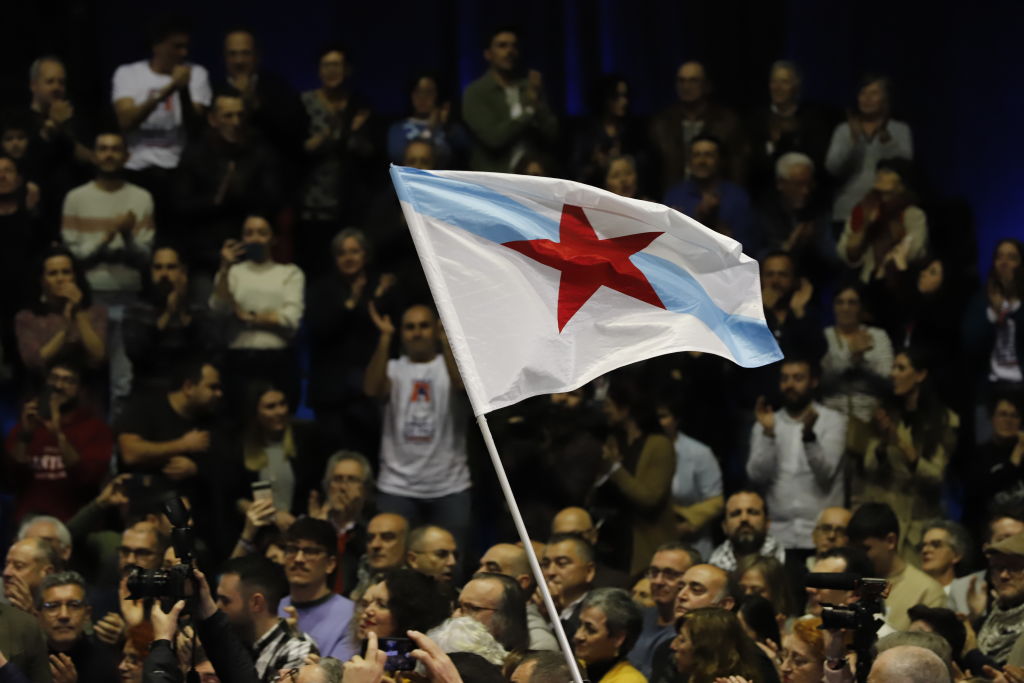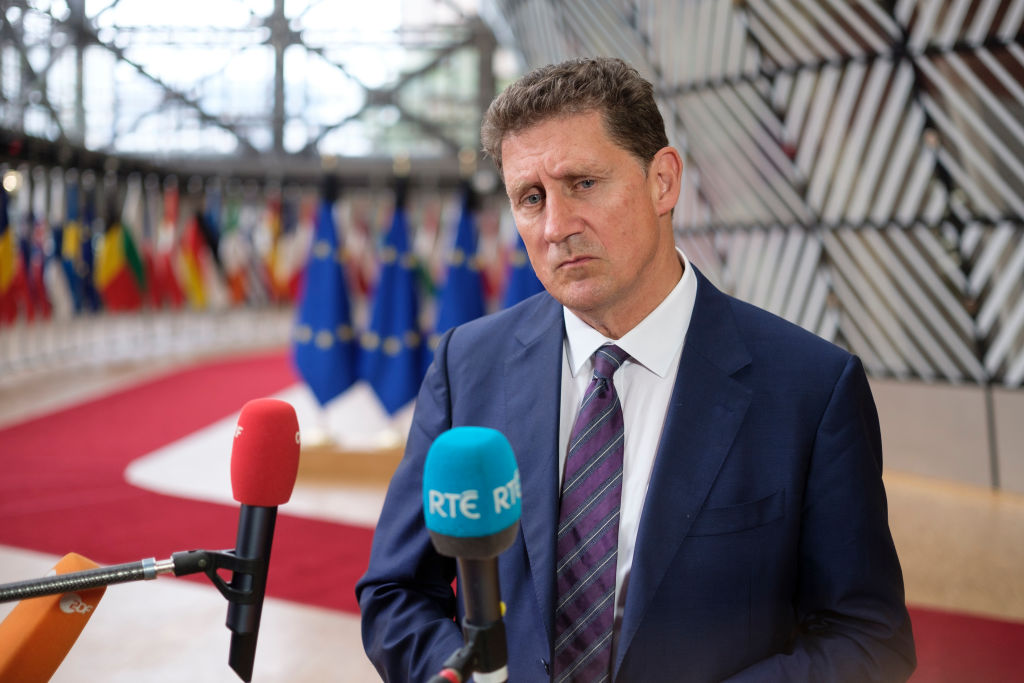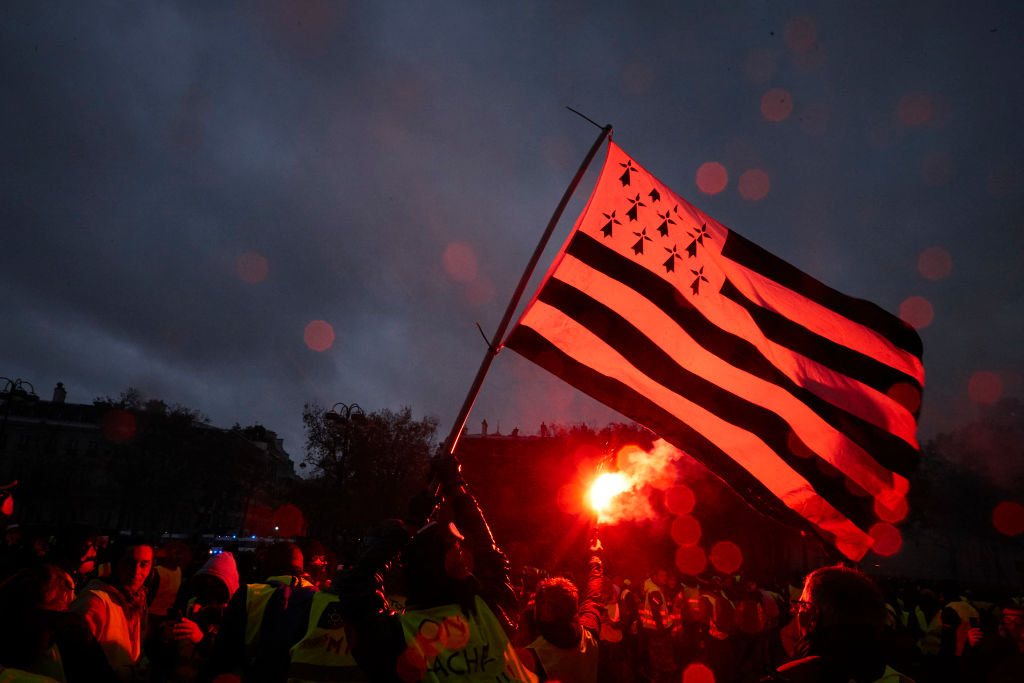Silesia, Poland
In the western Polish province of Silesia, a motley array of local politicians are gearing up to hit the campaign trail ahead of local and regional elections.
Poland’s local elections have been scheduled for April 7, and already a diverse grouping of candidates are stepping forwards to stand for office.
All sub-national authorities’ elections will take place on the same day. This spans from members of local county councils, to mayors or presidents of larger cities and towns, as well as the councils of the regions themselves–in Poland, called Voivodeships.
In Dąbrowa Górnicza, a small city or a large town depending on your definition, a race is shaping up between the Left and Centre.
It is interesting, because only a few years ago the Polish Left appeared to be finished, receiving no parliamentary seats in 2015.
Since then however the various small left wing parties of Poland have reunified into Lewica.
Tatiana Duraj-Fert, a member of the Lewica or Left party, has announced her run for the presidency of Dąbrowa Górnicza council.
Duraj-Fert says she wishes to run a minimalist campaign, saying she will herself “show locals what I have done for them so far. I don’t want to spend money on expensive billboards and large banners.”
Duraj-Fert runs her own company, but has been very active in local campaigns over the years. She has been lead organiser of such initiatives as ‘Let’s save the Ząbkowice Railway Station’, a Christmas parcel initiative, and ‘Stop the Adjaceny Fee’, to list a few.
She will be contending, however with the local council’s incumbent president, Marcin Bazylak.
Bazylak is currently an independent candidate, but was formerly a member of Poland’s centre-left Democratic Left Alliance.
His chances look to be immensely boosted by the cooperation of the centre-right Civic Coalition, the party of Prime Minister Donald Tusk, which has agreed not to field its own candidate for the municipal election.
In return, Bazylak declared he would appoint a member of Civic Coalition as his deputy, should he win the Dąbrowa Górnicza council presidency.
But not far away, in the neighbouring town of Bytom, a quite different race is shaping up.
There, councillor Maciej Bartków, representing the national-conservative PiS party, is gearing up to challenge the incumbent mayor Mariusz Wołosz. Wołosz is from Civic Coalition, the PiS’s long-time rival.
Bartków pledges to shorten wait times for public housing and build pools in each district. He also voiced strong opposition to the possibility of migrants being relocated to the city should the EU’s migration pact come into effect.
However, to challenge the old two-party fight, a third challenger has jumped up.
Artur Kamiński, leading a new non-partisan coalition called “United for Bytom,” officially confirmed his candidacy for the city’s mayoral seat.
He emphasised unity, stating “we unite people of different political views, religions, and backgrounds. Bytom’s development is our priority.”
His platform includes various reforms like abolishing the municipal guard and improving housing conditions, as well as taking over control of the local mine from the Polish state treasury.
Further away to the south, close to the Czech and Slovak borders, an MP is stepping away from Warsaw to contest the small city of Bielsko-Biała.
Bronisław Foltyn is member of the hard-right Konfederacja party, and bases his mayoral run on his recent recent parliamentary success.
Foltyn emphasises the need for change after two decades under the same administration, and aims to collaborate with new factions and residents to reshape local politics.
“Bielsko-Biała has been governed by the same people for 20 years. Its citizens expect change, a fresh perspective on our city”m he asserts.
Foltyn, also the lead candidate for the City Council’s District 1, anticipates securing five council seats and envisions a runoff in the mayoral race. Detailed policy proposals will follow after all candidates are registered.
With nearly 30 million registered voters as of October, Poland’s election will be a large-scale operation.
But even from this glimpse of just three towns in one Polish Voivode, it is evident that the this year’s Polish elections will be a dynamic and lively one.





